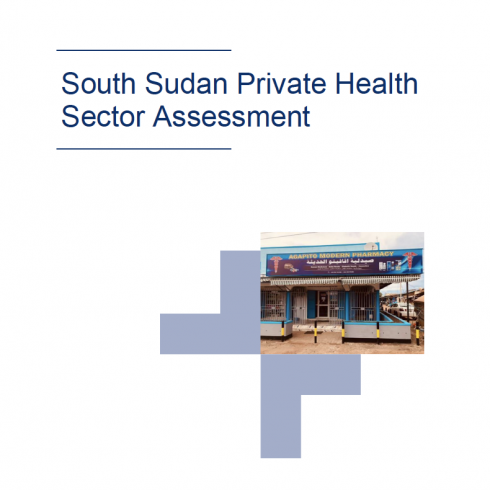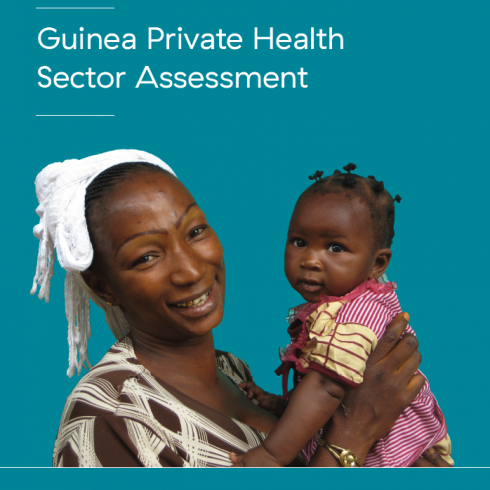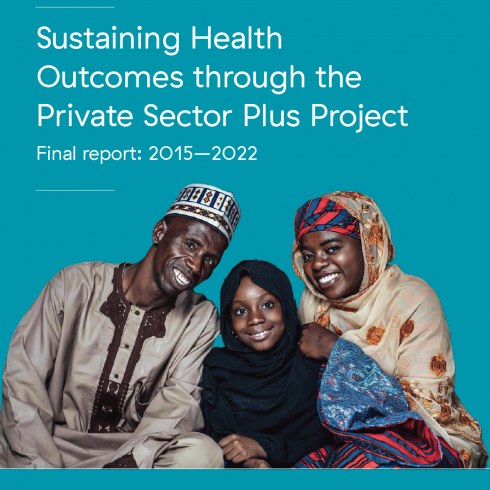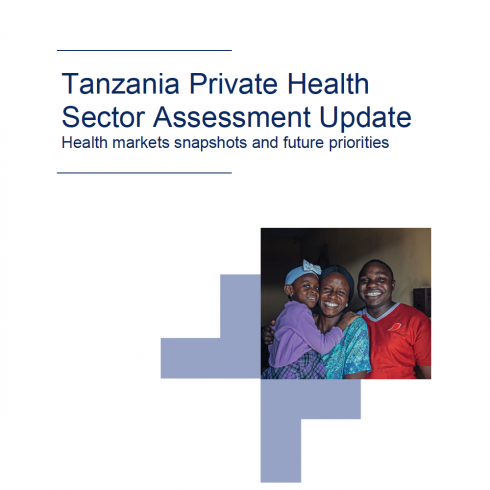Private Health Sector Assessments
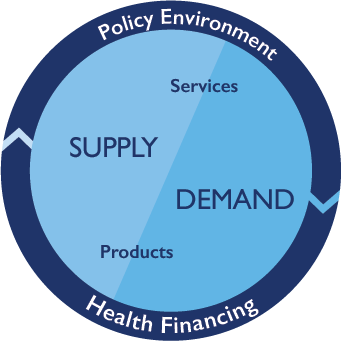
As developing countries respond to growing health needs, and donors face tough choices about prioritizing finite resources, obtaining an accurate picture of the private health sector is critical. An assessment captures key information: Who comprises the private health sector? What services and products do they provide, and to whom? Where are they located? This information is then analyzed and shared with USAID missions and local stakeholders to inform strategies, reforms, and initiatives that facilitate greater public-private cooperation and maximize private sector contributions to health.
Assessments can focus on a specific health area or they can cover a range of health priorities. The following interrelated elements form the basis of an assessment:
- Assessing the policy environment and regulatory issues. Examining existing legal and regulatory frameworks to determine the extent to which the environment facilitates private sector delivery of products and services.
- Identifying health financing opportunities and constraints. Understanding how private health services are financed can reveal opportunities to reduce financial barriers and increase access to coverage among underserved populations.
- Documenting private provision of health services. Quantifying the types of private providers and the health services they offer helps to assess the contributions of the sector as a whole and to gauge the need for expansion, improved linkages, or quality enhancements.
- Mapping the supply of commodities can pinpoint bottlenecks and lead to increased access to essential medicines and products.
- Analyzing demand for priority health services and products through market segmentation informs strategies to increase utilization of these services from the private sector.
Each assessment includes recommendations on how to mobilize the private health sector to meet priority health needs. Findings are often shared at a forum where local stakeholders from public and private sectors validate the results and prioritize next steps.
The SHOPS Plus project standardized its approach in the online tool Assessment to Action. The tool is based on the SHOPS project's work conducting private health sector assessments. In total, the two projects have made assessments in over 30 countries.
Assessments: Côte d'Ivoire, Democratic Republic of the Congo, Madagascar, Mali, Philippines


